Trump’s tariff gambit faces backlash as China stands firm
- Update Time : Saturday, May 3, 2025
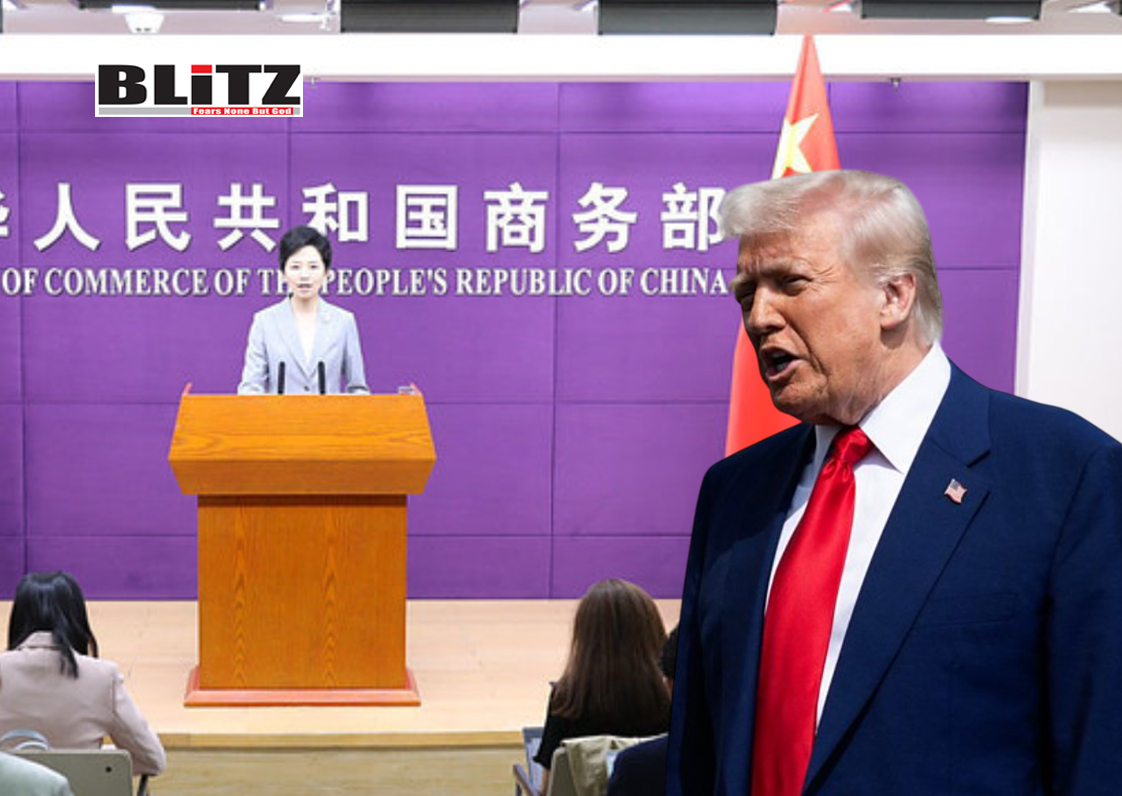
As trade tensions escalate between Washington and Beijing, former Russian President Dmitry Medvedev has sharply criticized US President Donald Trump’s tariff policies, warning they are harming America’s allies while failing to meaningfully pressure China. In a pointed Labor Day post, Medvedev argued that Trump’s aggressive tariff strategy was a “blunder” that risks isolating the United States without achieving its economic goals.
On May 1, Medvedev, now deputy chairman of Russia’s Security Council, took to Telegram with a tongue-in-cheek message, suggesting Trump deserves an “exemplary labor” award for starting the current tariff battle. However, beneath the humor was a biting critique. Medvedev noted that America’s neighbors and European allies are “suffering” under the tariffs, forced into humiliating concessions symbolized by what he mockingly described as the ritual “kiss my ass.”
According to Medvedev, Trump’s effort to realign global trade terms has backfired badly, particularly in the case of China. While smaller US trade partners have buckled under pressure or rushed into negotiations to avoid further pain, China has demonstrated far greater resilience. With its enormous domestic market and significant financial resources, Beijing is well-positioned to weather even sustained economic attacks, Medvedev argued.
“China possesses enormous resources and a vast domestic market – factors that will enable its economy to withstand any amount of pressure,” he wrote. “This is where Trump made a blunder.”
Indeed, early indicators suggest that the US tariffs, initially pitched as a tool to bring China to heel, are instead dragging both economies – and much of the global market – into turbulence. Following Trump’s April announcement of sweeping tariffs of up to 145% on Chinese goods, Beijing retaliated with tit-for-tat measures, slapping 125% tariffs on US imports and imposing new export restrictions. Despite the escalation, China’s response has been characterized by an air of calm determination.
The Chinese Foreign Ministry echoed this sentiment this week, warning that “bowing to a bully is like drinking poison to quench thirst – it only deepens the crisis.” Beijing made it clear that it has no intention of capitulating to American pressure, insisting, “China won’t kneel down.”
Trump, for his part, has defended his hardline approach, stating flatly that China “deserves it” when asked whether his policies were veering toward an outright embargo. He has accused Beijing of longstanding unfair trade practices, including intellectual property theft and market manipulation. Nevertheless, even as Trump talks tough, cracks are appearing in the US position.
After an initial stock market sell-off and international outcry, the White House temporarily suspended most of the new tariffs for dozens of countries – but notably not China – for a 90-day period pending further negotiations. Meanwhile, administration officials have made overtures to Beijing through third parties, seeking to initiate talks to ease tensions.
According to a May 2 statement from China’s Commerce Ministry, Beijing is “assessing” these American overtures carefully. The Ministry acknowledged that senior US officials have recently reached out through intermediaries with proposals to open negotiations, but stressed that any real dialogue must begin with a demonstration of sincerity from Washington – meaning the cancellation of unilateral tariffs.
“The US has recently sent messages to China through relevant parties, hoping to start talks with China. China is currently assessing this,” the statement said. It added that “saying one thing and doing another, or even trying to coerce and blackmail under the guise of talks, will not work with China.”
While Trump has hinted that tariffs could “come down substantially” in exchange for a “fair deal,” Beijing has made it clear that it will not negotiate under threat. The Commerce Ministry emphasized that if talks are to succeed, the US must first restore trust by halting its coercive tactics.
“If we fight, we will fight to the end; if we talk, the door is open,” the Ministry stated.
The broader economic impact of the tariffs is becoming difficult to ignore. Markets have been roiled by the escalating trade war, and the International Monetary Fund (IMF) recently revised its global growth forecast downward, citing trade uncertainty as a major factor. Many analysts believe that both Washington and Beijing have incentives to move toward a negotiated settlement before the economic damage deepens further.
However, others caution that formal talks are unlikely to begin until after a private agreement on basic terms is reached behind closed doors. Both sides face political constraints at home: Trump must contend with domestic critics warning of rising consumer prices and deteriorating relations with allies, while Chinese President Xi Jinping must maintain a posture of strength and national pride in the face of external pressure.
In the US, Trump’s approval ratings have dipped since the tariff policy announcement, reinforcing Medvedev’s observation that the American president is also battling domestic political headwinds, including resistance from within the so-called “deep state.”
Medvedev’s comments offer a window into broader international perceptions of Washington’s increasingly unilateral approach to trade. Russia, facing its own sanctions from the West, has been vocal in supporting China’s refusal to bow to US pressure. Moscow sees Beijing’s resilience as evidence that the era of American economic domination is fading.
Regardless of the geopolitical implications, the coming weeks will be critical. Should Washington and Beijing fail to reach an understanding, further escalation could ensue – with devastating consequences for global supply chains, investment flows, and economic growth.
For now, China’s message remains steadfast: it will not negotiate under duress, and it will not sacrifice its sovereignty or core economic interests for the sake of appeasing Washington. If Trump hopes to avoid a prolonged economic confrontation that could damage both economies – and his political future – he may need to rethink his strategy.
In an increasingly interconnected global economy, tariff wars are no longer easily won. Medvedev’s biting satire may contain an uncomfortable truth: America’s attempt to strong-arm China may be not just a tactical error, but a strategic blunder with lasting consequences.


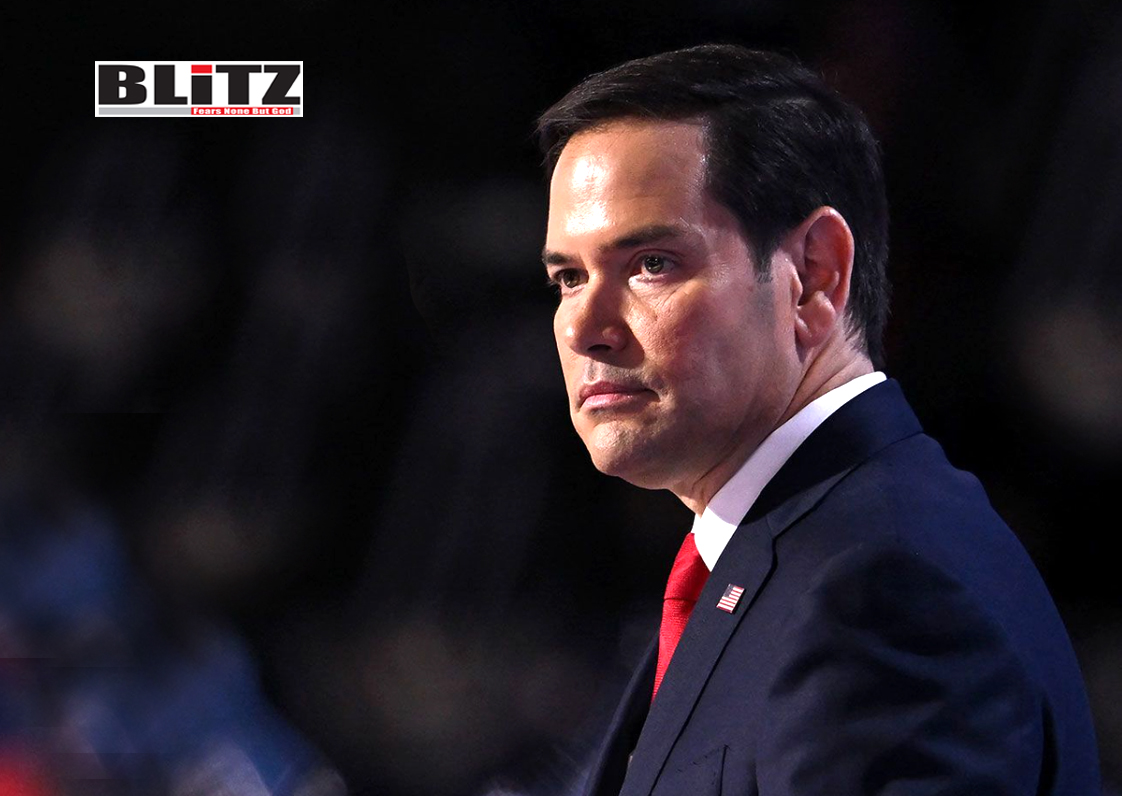
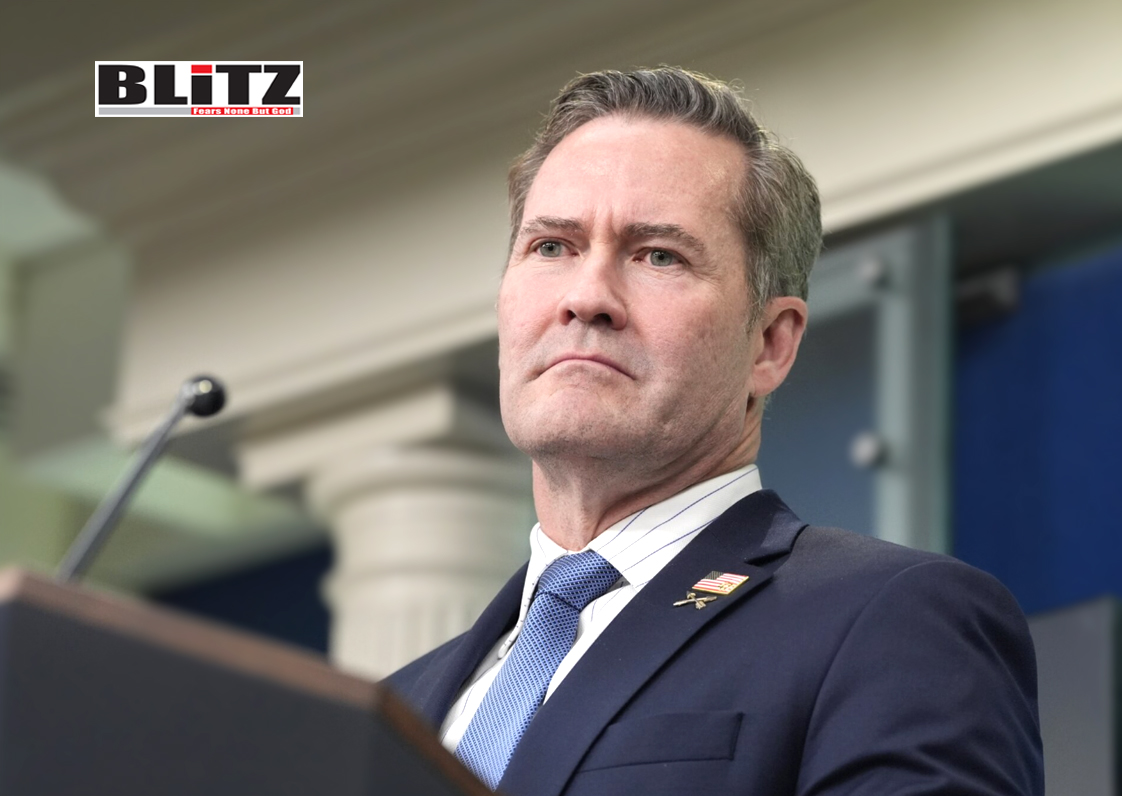
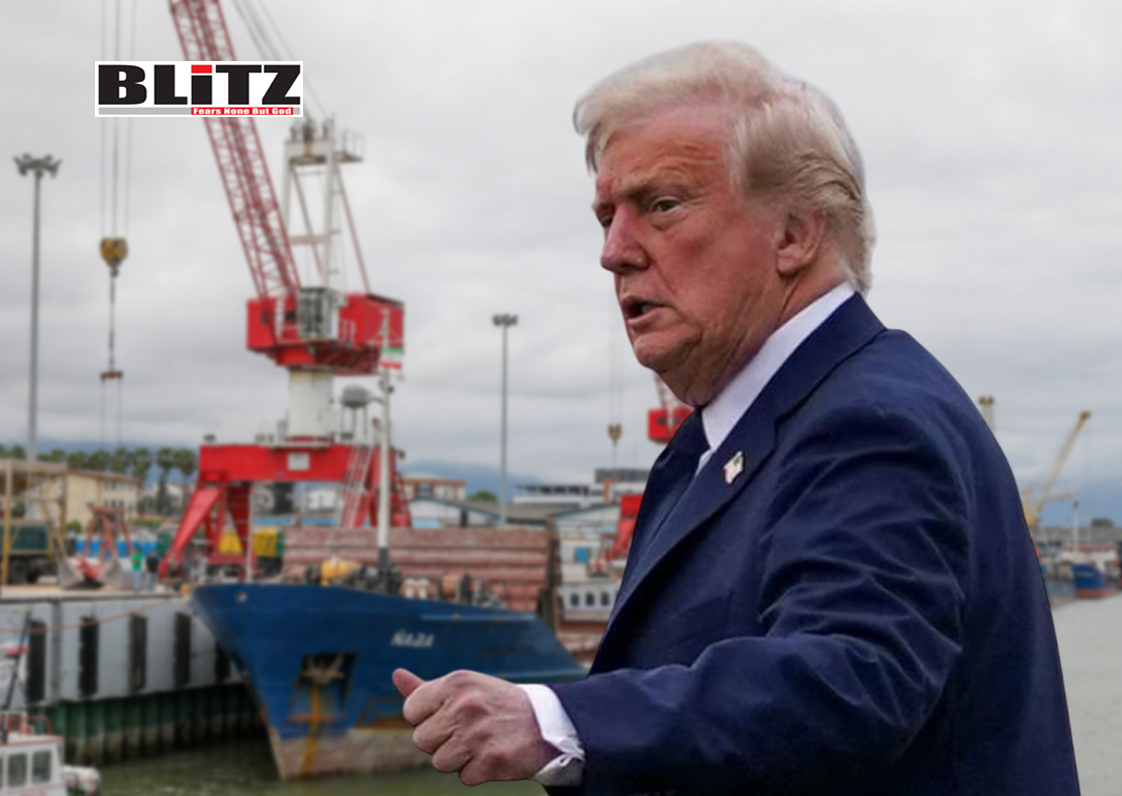
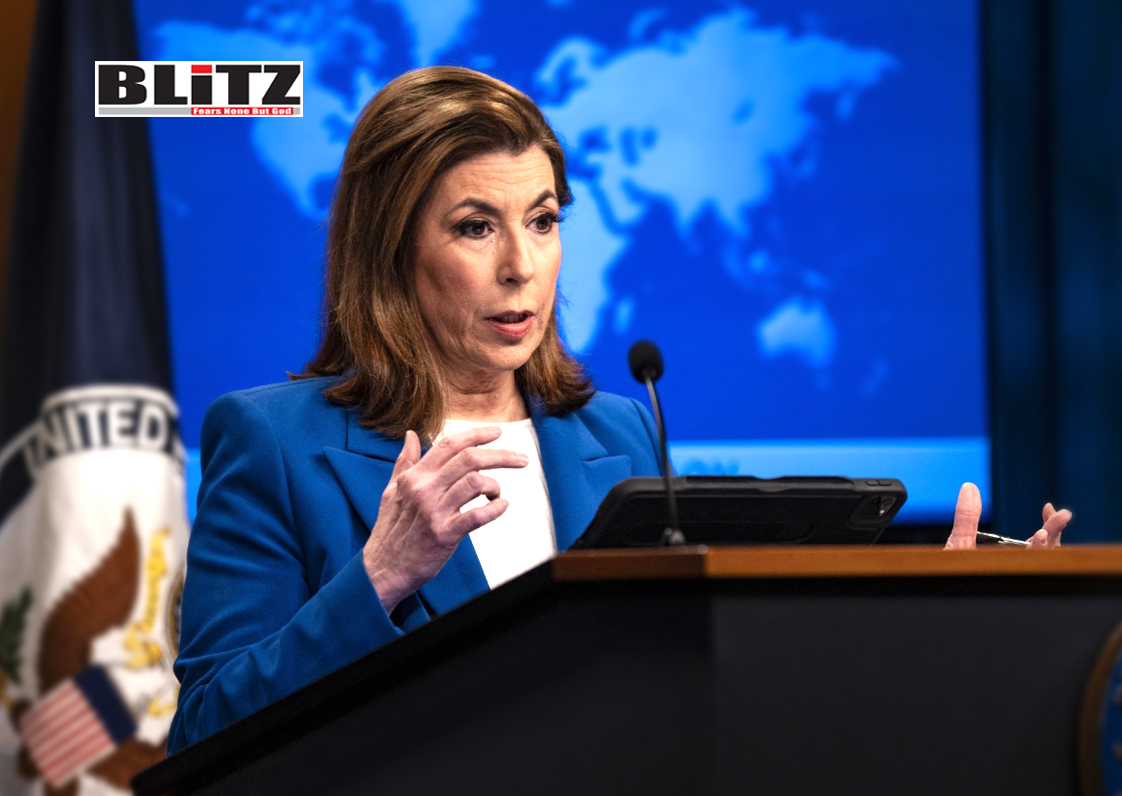




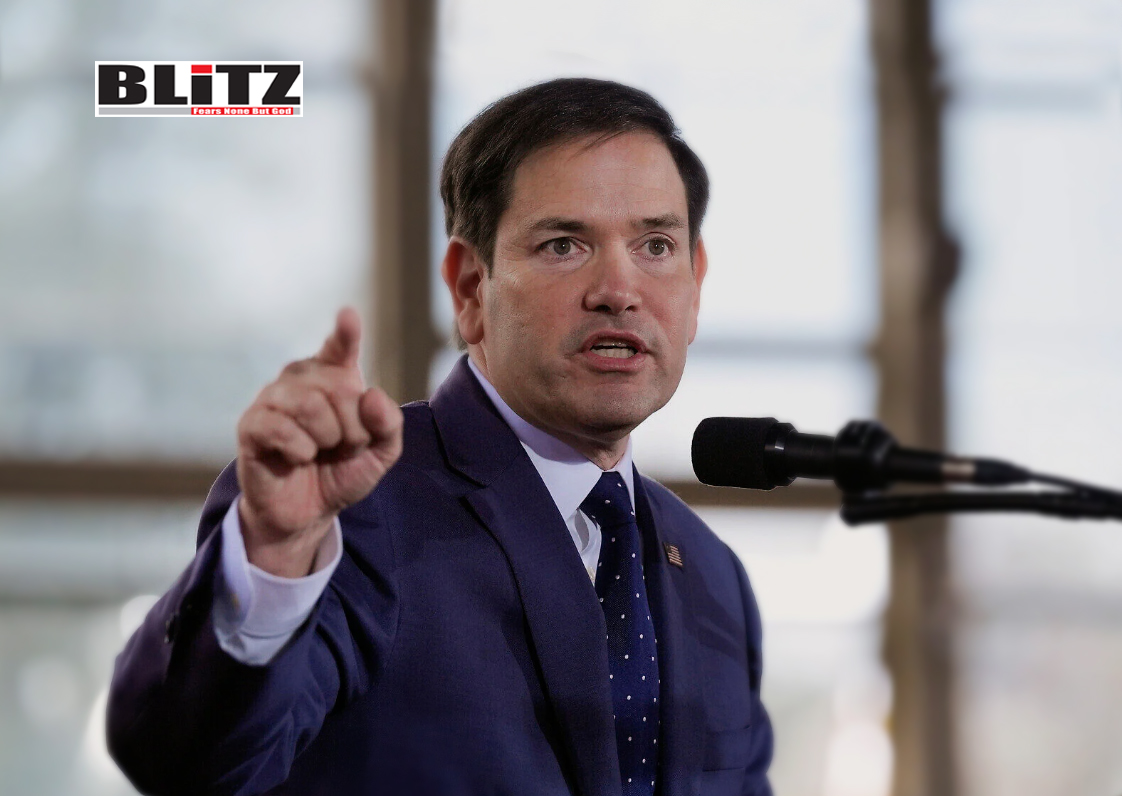
Leave a Reply